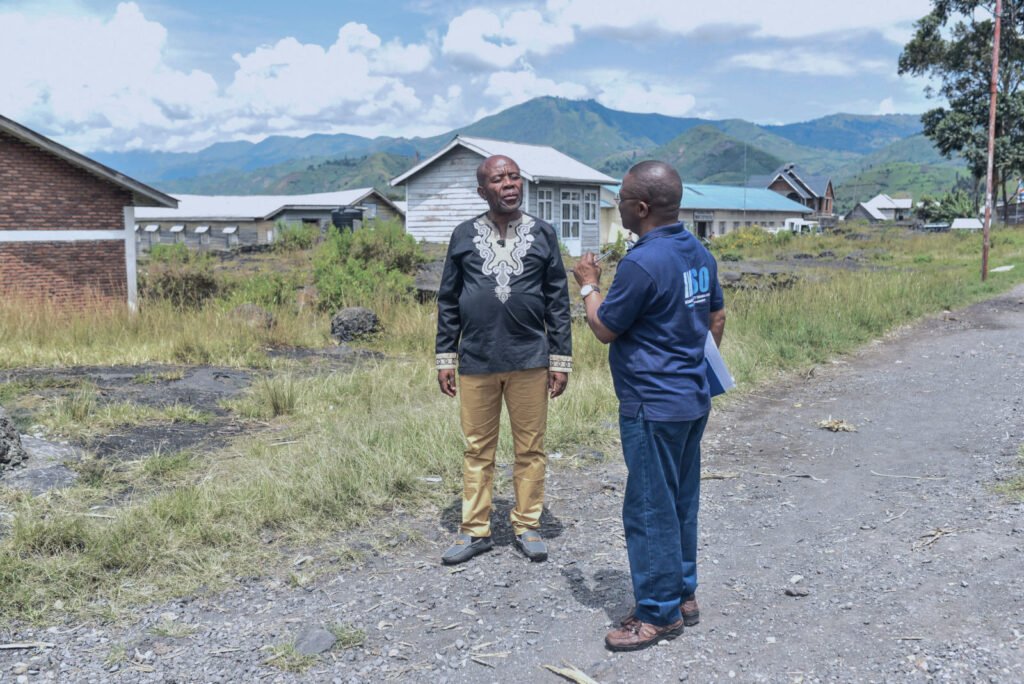While the COVID-19 pandemic brought much of the world to a halt, it unfortunately did little to stem ongoing conflicts and only further complicated the existing challenges of humanitarian safety and access.
In response, we have prioritised direct operational support to NGOs in the field, adapting our services to help them navigate the new challenges of the pandemic without losing sight of the ongoing conflict.
This has included maintaining effective interagency coordination with remote security meetings, enhancing situational awareness with specialised information products and direct operational support to NGO crisis response in relation to staff injury, death, or abduction.
We have also focused and innovated on training this year, delivering more than 130 courses to more than 1,500 trainees and launching our first fully online course in ‘NGO Security Management’.
As the most likely victims of serious incidents, ensuring that local and national NGOs have equitable access to our services has remained a priority this year, with more than 80% of trainees being national staff and close of 40% of all INSO partners being local NGOs.
In addition to existing projects, we have remained responsive to NGOs needs by launching a new INSO platform in Niger (Niamey, Tillabery & Diffa), expanding our footprint in Burkina Faso (Ouahigouya and Bobo Dioulasso) and conducting Scoping Missions for Haiti, Mozambique, and Libya.
At the global level, we have continued our efforts to develop standardised cross contextual incident data – by completing the installation of our innovative Conflict and Humanitarian Data Centre (CHDC) in eleven countries – and initiated our support to NGO strategy and policy development with the recruitment of the first members of our new global analysis department based in The Hague.
In the complexity of the year, we have seen more than 100 new local and international NGOs sign up for INSO services, bringing us to a total of more than 1,030 registered partners worldwide operating across all sectors of humanitarian response and development.
And finally, in a year when aid budgets are tightening, we have been delighted to welcome new support from several donors – including our first from Canada’s GAC and Sida – as the global commitment to humanitarian safety gains momentum.
Looking ahead, we are deeply grateful for the trust that has been placed in us and remain fully committed to supporting humanitarian safety and access no matter what challenges 2021 may hold.
(1) Afghanistan, Ukraine, Iraq, Syria, Somalia, Kenya, South Sudan, Central African Republic, Democratic Republic of Congo, Niger, Cameroon, Nigeria, Burkina Faso, Mali.

